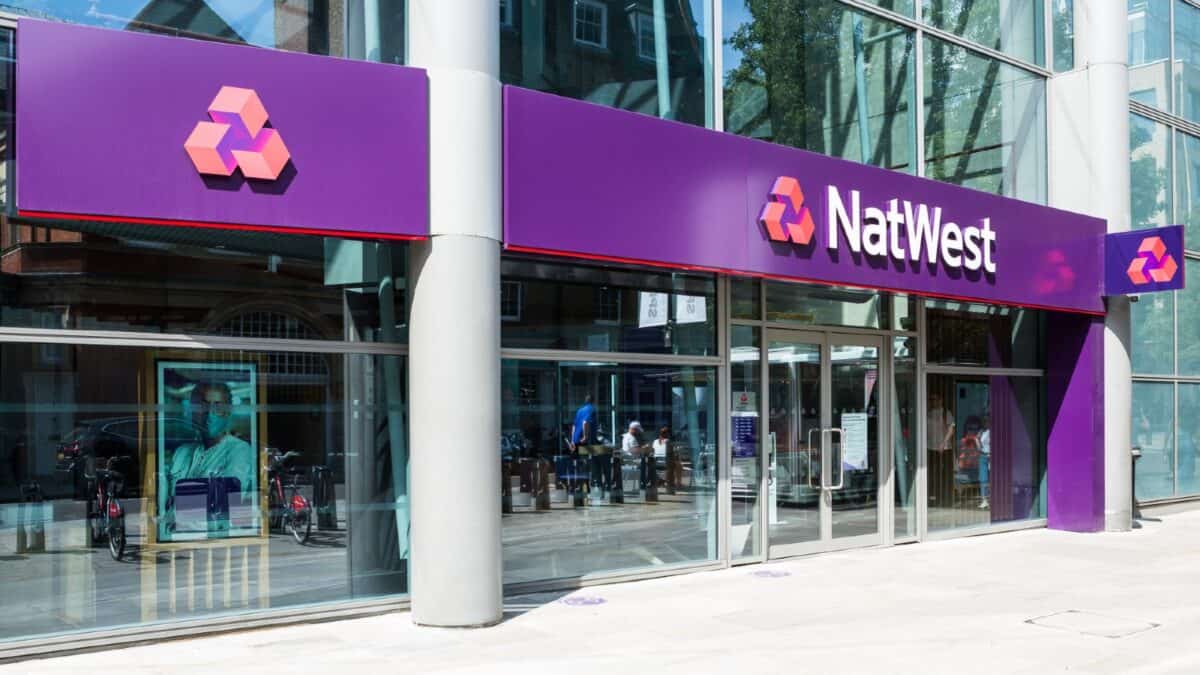The past few years have not been good ones for British banking shares. In the past five years, for example, Lloyds (LSE: LLOY) and Natwest (LSE: NWG) have fallen 22% and 2% respectively. Both now trade on a price-to-earnings ratio of under seven, making these shares look cheap.
A common way to value bank shares, though, is not using earnings but instead book value. However, on that basis, too, Lloyds and Natwest shares look cheap.
Both are trading at a sizeable discount to book value. In each case, buying one share now would give me a (theoretical) slice of the bank’s asset book for at least a quarter less than its value. I say theoretical because buying a share in a bank does not in itself let me claim a fraction of its asset base. But the point is clear: these shares in well-known British banks look cheap.
Ongoing concerns about the banking sector
But wait – other investors have access to the same information as I do. Yet both shares have declined in value over the past few years.
If these really are cheap shares — with dividend yields well above the FTSE 100 average (5.5% for Lloyds and 6.2% for Natwest) — why are investors not snapping them up in droves, pushing up the share prices?
One explanation is that investors have been burned before — badly.
Bank shares fared poorly during and after the 2008 financial crisis. Both Lloyds and Natwest shares are a fraction of what they were before then.
It is no coincidence that for many years, the government has been Natwest’s biggest shareholder. It stepped in to bail out the bank when it was in dire straits.
Another concern investors like me have is that it is not clear whether banking shares are as cheap as they look.
Take book value as an example.
That is largely based on what prices are taken to be. But in the property market, for example, having a house valued at £250,000 today does not mean that it will actually turn out to be worth that a year from now.
The fear holding many investors back is that a weak economy may push up default rates on loans. That could hurt profits at banks like Natwest and Lloyds, the country’s largest mortgage lender.
Possible value at current prices
For now, though, the signs of that happening are limited.
Last year, Lloyds saw post-tax profits surge 41% to £5.5bn. The rise at Natwest was a smaller but still impressive 23%, to £4.7bn.
If anything, banking earnings look robust and there could be room for future growth.
After all, both banks enjoy widespread name recognition, have large customer bases and operate in an industry known for its ability to generate sizeable profits. They proved that last year.
If that turns out to be the case, both look like cheap shares to me now.
But I think the global economy remains fragile, posing ongoing risks to banking profits. I am tiptoeing back towards the sector as an investor — but am not yet ready to buy.







